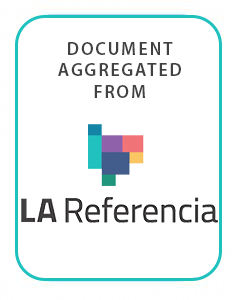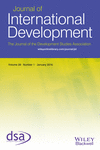Saywaña, amojonamientos y deslindes en Villablanca y Chulluncane: geografía de un conflicto de tierras aimara
Los conflictos de tierras en comunidades aimara, a pesar de ser numerosos, han sido poco estudiados. Este artículo se adentra en el examen de las contradicciones por dominios de tierras entre las comunidades de Chulluncane y Villablanca del altiplano de Tarapacá. Analiza la dimensión simbólica y material de las disputas territoriales, el carácter histórico de las desavenencias y los aportes de geógrafos y otros cientistas para comprenderlos.








